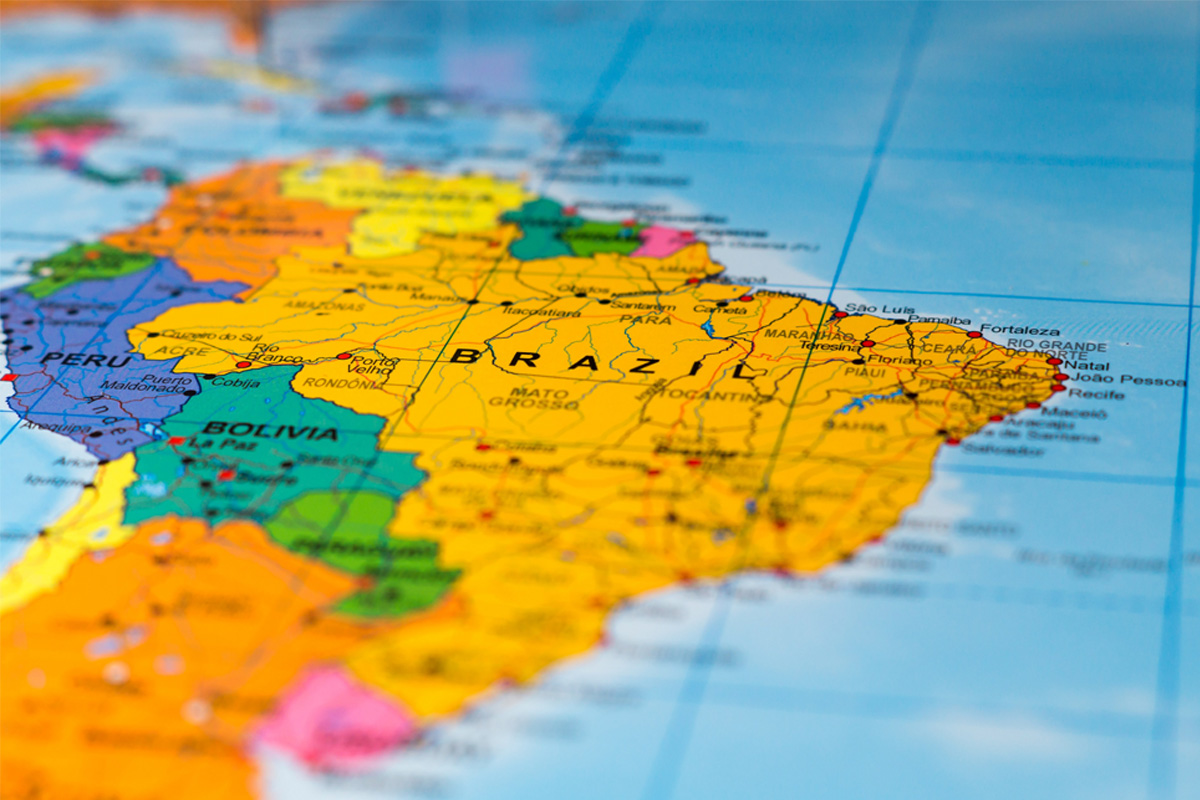Will Latin American Countries Switch to Bitcoin?
Date: 11.06.2021
On June 9, the Parliament of El Salvador passed a bill recognizing bitcoin as an official means of payment on a par with the US dollar. The 90-day countdown for entry into force began yesterday. Most countries are eagerly waiting for the next steps from El Salvador. They want to analyze the financial system viability due to the high volatility of cryptocurrencies, which is the main issue for citizens and the state.
Experts on cryptonews.com are wondering if citizens will be taxed on capital gains in the case the bitcoin price rises. Richard Howlett, a spokesman for the London-based law firm Selachii Legal Limited, fears that most countries will not agree with the deprivation of capital gains tax income. As a result, they will not recognize bitcoin or any other altcoin as a currency. The equally urgent issue is what reserves will be needed to stabilize the state's economy if the first cryptocurrency declines in price sharply.
Many experts regard the El Salvador case as an experiment that will determine the convenience of using bitcoin in everyday life by paying for goods and services, and the possibility of its use as a reserve asset for banks and corporations. The International Monetary Fund, in turn, believes the adoption of bitcoin as an official means of payment raises many "macroeconomic, financial, and legal issues that require thorough analysis."
However, despite the doubts of some experts, the actions of the El Salvadorian authorities strengthened the desire to legalize bitcoin among neighbouring countries. Thus, deputies from Brazil, Argentina, Paraguay, Panama, and Mexico began to promote the need for similar measures in their countries. Among the active supporters were:
• Paraguayan Congressman Carlos Rehala
• Brazilian deputy Fabio Ostermann
• Brazilian deputy Gilson Marques
• Panamanian deputy Gabriel Silva
• Argentine deputy Francisco Sanchez
• Mexican Senator Indira Kempis
• Mexican Senator Eduardo Murat Hinojos
Some experts and deputies focus on cryptocurrencies because of the Venezuela events when the devalued national currency appears in trash cans. Other fears relate to the growth of corruption and shadow economy in El Salvador that cannot boast of a stable economy. In short, the El Salvador experience can be both a fuel for the bitcoin price rise and a load.
